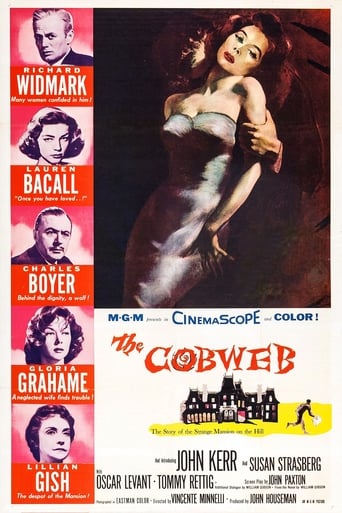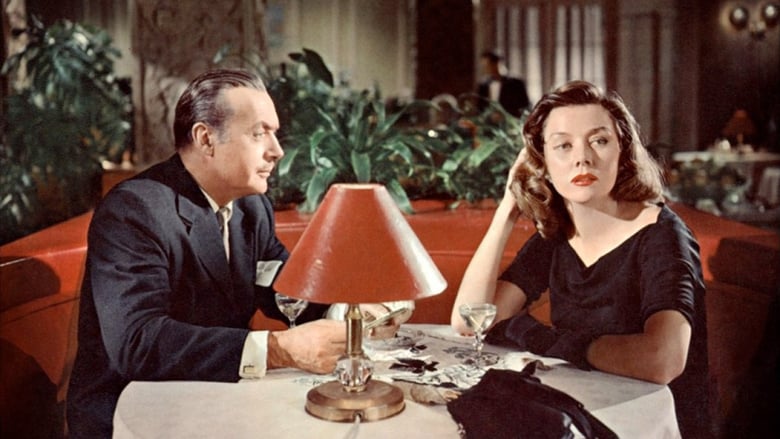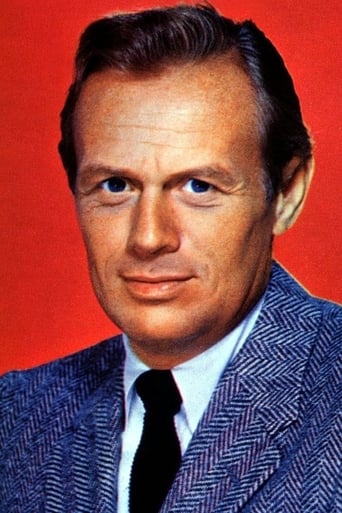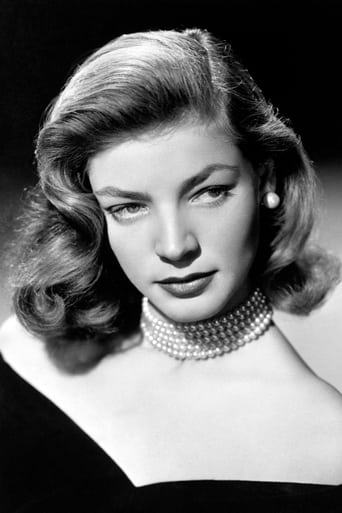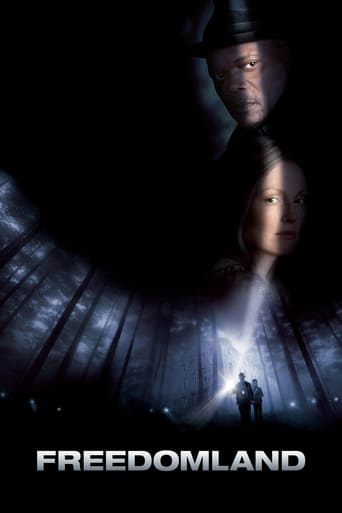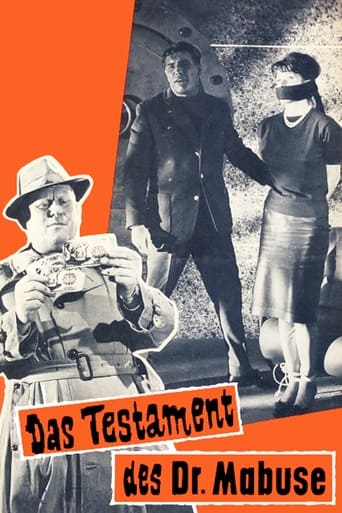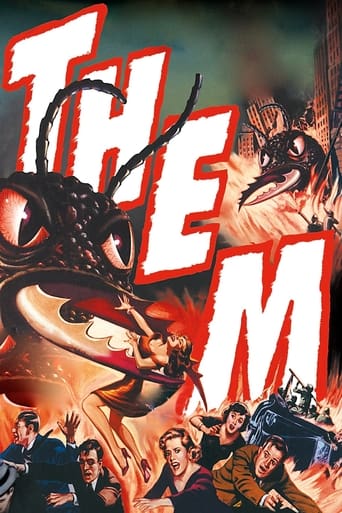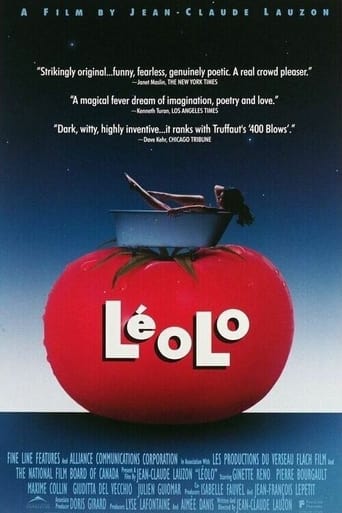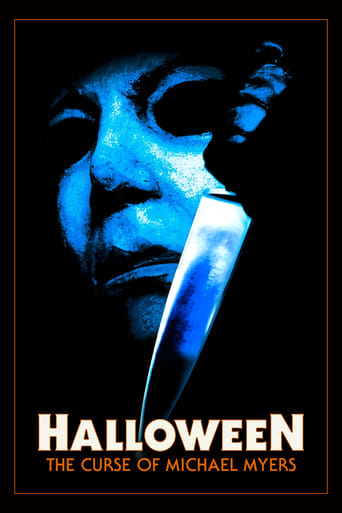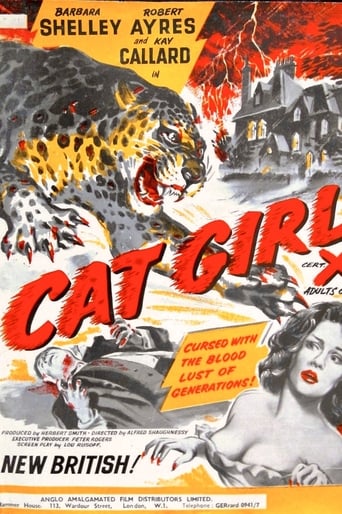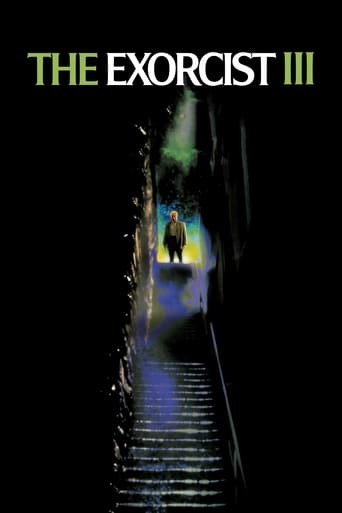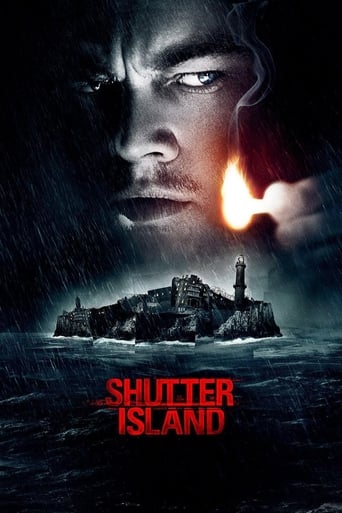The Cobweb (1955)
Patients and staff at a posh psychiatric clinic clash over who chooses the clinic’s new drapes - but drapes are the least of their problems.
Watch Trailer
Free Trial Channels
Cast


Similar titles
Reviews
This movie was so-so. It had it's moments, but wasn't the greatest.
It really made me laugh, but for some moments I was tearing up because I could relate so much.
One of those movie experiences that is so good it makes you realize you've been grading everything else on a curve.
The thing I enjoyed most about the film is the fact that it doesn't shy away from being a super-sized-cliche;
Richard Widmark. Gloria Grahame. Lauren Bacall. Sounds like a grade-A film noir or mystery. Not to mention Charles Boyer, Lillian Gish, Paul Stewart, Susan Strasberg and Oscar Levant. What could go wrong?How about an overlong talkfest where nothing much happens at a 50's- Hollywood style mental hospital that's more like a resort hotel for middle-class white folks who each have some minor tic they keep repeating over and over? And the key issue of the plot is which of three contending parties will get to choose the new drapes. Also a couple of suggestions of adultery that never reach fruition.The staff members as well all keep hitting the same note over and over in this tedious script. You begin to fell sorry for the cast, particularly poor Gloria Grahame as the clinic director's wife, required to keep throwing tantrums over nothing.There is a touch of mystery to the film. Why did MGM feel obliged to drag this slight material out to over two hours and film it in color and Cinemascope?
In the 1950's, Vincente Minnelli was making some of the strongest films in Hollywood. Pictures like Some Came Running and The Bad and the Beautiful were very strong and probing studies of American life; The Cobweb deserves to be considered alongside these great films. The tranquil world of a psychiatric clinic in the Midwest countryside (somehow I can see cows in the fields even though there aren't any) is disrupted by a power struggle between two strong-willed men: Dr McIver, a young man whose first important post this is, and Dr Devanal, who has spent more than 20 years at the clinic and seems to be burnt-out. A stiff-necked spinster, Victoria Inch, whose father had created the clinic does everything she can to aggravate the principals. The clash between old settled practices and innovative new ones is the subject of the film.People fret about the drapes--well really they're only the trigger for the clash. I have the strong feeling that by leaving Chicago to settle in this back-water, McIver has made a mountain of trouble for himself. His wife Karen (splendid performance by Gloria Grahame) is experiencing severe boredom and frustration; she's a sensual romantic woman who is being ignored by her husband, who is trying to find romance with Meg Rinehart (a cool Lauren Bacall). The romantic disappointments of the main characters make this film work.
You can see what attracted Minnelli to this story, as it's partly about a conflict over decor. Maybe this worked in the novel, but it's hardly the stuff of compelling screen drama. Of course the choice of drapes is symbolic of independence to the patients, and symbolic of her power to Miss Inch, and it's actually a realistically mundane conflict such as might actually occur anywhere. It just seems to be much ado about nothing when it's acted out.Minnelli uses a bit of the soundtrack of Seven Brides For Seven Brothers, here (the picture that trumped his own Brigadoon at the box office) - in a scene at the movies. Guess he had no hard feelings.One of Minnelli's interesting misfires. Even though it doesn't really work, I've seen it three or four times.The acting is good, overall. Richard Widmark (as the director of the clinic) has two leading ladies, Lauren Bacall and Gloria Grahame. This is one of the few times I've ever really seen Grahame miscast. She had a wide range, after all she played everything from Violet Bick in It's A Wonderful Life, to Rosemary Bartlow in The Bad And The Beautiful, to Ado Annie in Oklahoma. But I think you will agree her role defeats her best efforts here. She starts out very well but I'm not sure I always understood where she was coming from as the film wore on. Bacall plays a simple, sensible girl, and does a good job. Lillian Gish plays the unpredictable Miss Inch, Charles Boyer the self-destructing Dr. Devanal, John Kerr the young and artistic Stevie (a role originally announced for James Dean). Oscar Levant is called upon to go outside his usual comfort zone and I'm not sure he makes it. Susan Strasburg is excellent in a small role.
A rather curious film directed by Vincent Minelli, who always was a perfectionist with his sets and actors,I am confounded as to what his inference with the drapes as metaphor;at the end patient John Kerr uses them as a blanket to get a good nights sleep.Lauren Bacall,always an interesting presence,is a young widow and psychiatrist working at an elite institution (I assume a take on the Karl Menninger Institute in Topeka Kansas).Psychotherapy was at the height of its popularity in this era, it was almost "de rigor" for creative wealthy people to enter an elite institution,even when often there was very little wrong with them,other than needing a dose of real life.Richard Widmark as the clinic director is quite interesting, even as his marriage to Gloria Grahame is falling apart and he becomes interested in Bacall.The drapes, and who will re-design them for the library is the primary theme here, strangely.Widmark remarks to the clinic patients that they are attempting to run a cooperative society,and this is clearly difficult.However it is difficult not because of the patients,but the doctors and their drama.Overall an interesting curiosity,I infer that Minelli was making a commentary on the overwhelming popularity of psychoanalysis in Hollywood, at the time.8/10.

